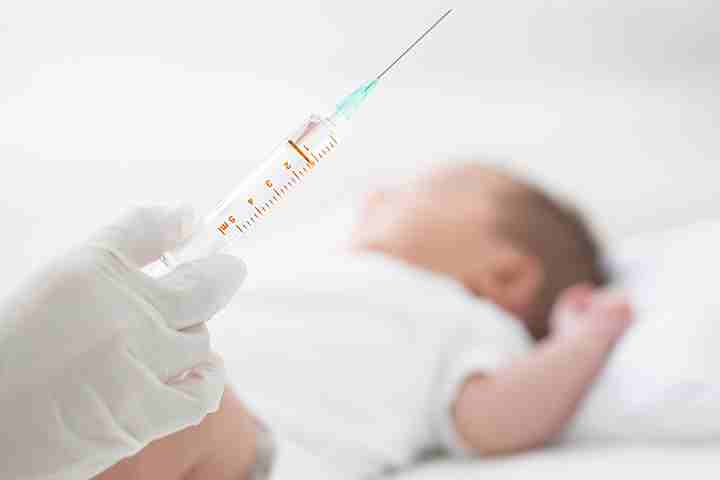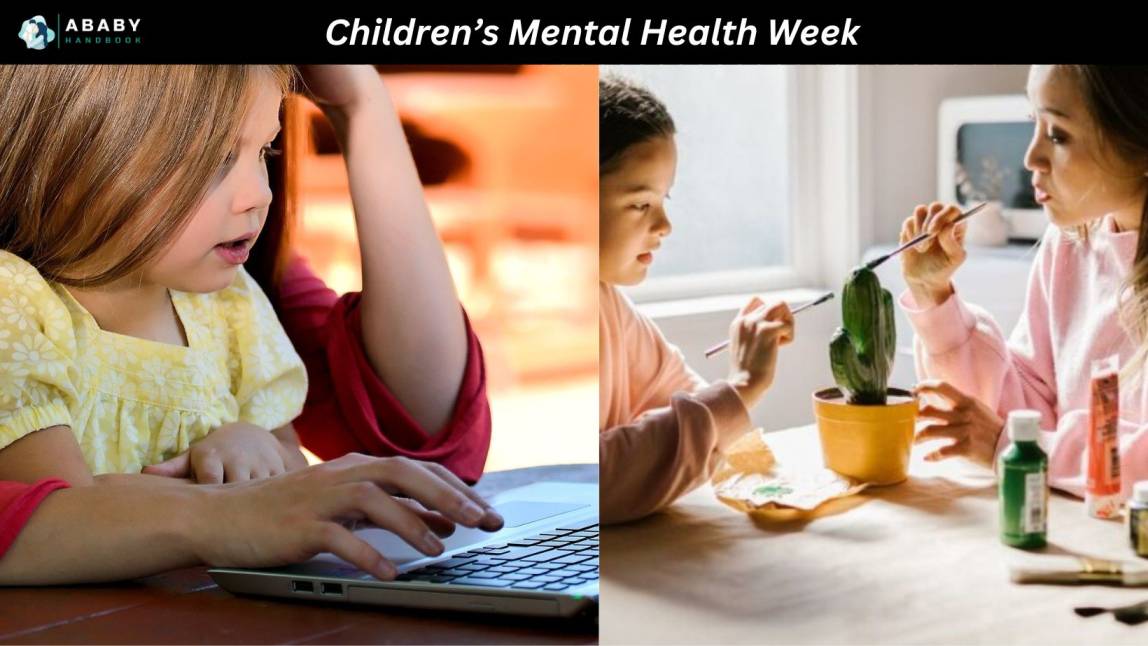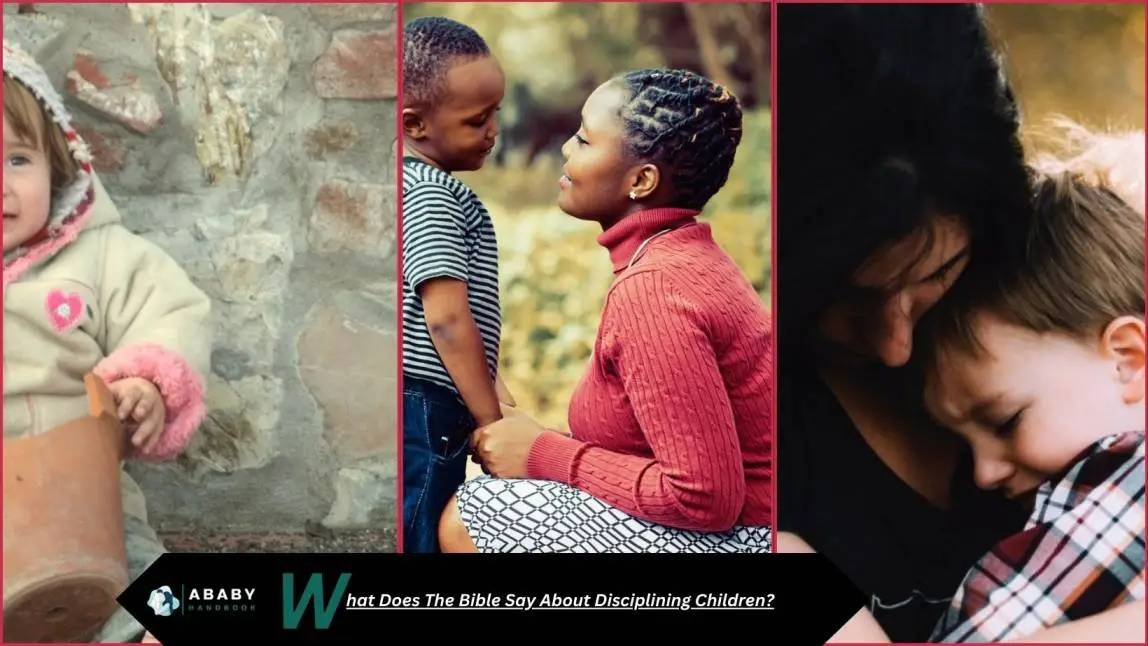Vaccination is the most effective preventive measure against infectious diseases, and they help eradicate these diseases (1). Adverse reactions, like swelling and pain at the site of the injection, along with fever, are common in babies after they are administered a vaccine (2).
Fever after vaccination is one such reaction. However, these reactions are temporary and manageable with some simple measures. In this MomJunction post, we tell you about the causes of fever after vaccination in babies, and ways to manage it.
Is It Normal For Babies To Have A Fever After Vaccination?
Yes. Like many other medicines, vaccinations can also cause side effects. Mild to moderate fever, pain, and/ or swelling at the site of injection, fussiness, and irritability are some of the side effects of vaccines (3).
Since the benefits of vaccines outweigh the risks, doctors across the world recommend immunization. Contact your baby’s pediatrician if you notice a high fever after vaccination in your baby.
Why Do Babies Get A Fever After Vaccinations?
The body’s immune system brings an inflammatory reaction in response to the vaccine.
It manifests as redness, swelling, or pain at the site of injection or other systemic responses like fever, body ache, or headache (4).
Having mild fever in response to a vaccine is normal. It means that the vaccine is working, and your body is producing antibodies to fight the infection. A mild fever usually develops within 24 hours of vaccine administration and may last for two to three days (5).
Medical attention is not required for the minor reactions that occur after vaccination.
After giving the vaccination, the healthcare provider will tell you about the side-effects it could possibly have on the baby, with fever being one of them.
When To See The Doctor?
You need to see the doctor in the following scenarios (5).
- High fever over 104°F (40°C)
- Fever lasts for more than three days
- It returns after reducing for 24 hours
- Vomiting or diarrhea
- Continuous crying for three hours or more
- Showing unusually lethargic and inactive behavior
- If the redness around the injection site grows larger than three inches in diameter
- Measles vaccine rash that lasts for more than four days (it starts six to 12 days after vaccine administration)
- If the baby appears sick and does not eat or sleep well
Most effects of vaccines, such as irritability, fussiness, redness, swelling, pain, and fever, begin to subside after three days of vaccine administration. Contact your pediatrician if they last longer.
Contact emergency care if your baby exhibits the following symptoms after vaccination (6).
- Difficulty in breathing
- Hives
- Difficulty swallowing
- Swelling of the throat
- Fast heartbeats
- Hoarseness of voice
- Wheezing
- Convulsions or seizures
Severe reactions to vaccines are quite rare, but keep an eye on your baby. If you suspect anything unusual, contact the healthcare provider immediately.
How To Deal With The Fever After Vaccination?
If your baby develops a mild to moderate fever after vaccination, then the following steps might help you manage the distressed baby (7).
- Do not cover the baby in layers of clothes or blankets. Dress in comfortable, loose, and breathable clothes.
- If you are breastfeeding the baby, then they might feed more often for one or two days after vaccination.
- If your baby is on a solid diet and refuses to eat, then you can consider a liquid diet. Give your baby formula, broth, and purees that are easy to eat and digest.
- Ask the doctor for a prescription of acetaminophen or ibuprofen medication. These medicines can help subdue fever and irritability. Never self medicate but only provide a dosage as recommended by your baby’s pediatrician.
Your child might be a little irritated and unwell after the vaccines. But the benefits of the vaccine significantly outweigh the risks. Therefore, vaccinate your baby as per the recommended schedule.
Frequently Asked Questions
1. Why are vaccines needed for babies, and how do they work?
The US Centers for Disease Control and Prevention (CDC) states that immunization is one of the best ways parents can protect their babies from 14 serious childhood diseases before the age of two years old (8). Vaccines are made with dead or weakened microorganisms, called antigens (9). The body’s immune system identifies the antigens in the vaccine as foreign material and produces antibodies to fight the microorganisms (10). Later in life, if the baby is infected by the actual disease, the body recognizes the microorganisms and produces antibodies sooner to fight the infection away.
2. How long does fever last after vaccination?
Fever usually lasts for two to three days after the vaccination. It starts 24 hours after the administration of the vaccine. This kind of mild fever is normal and harmless (5).
3. Do all babies get a fever after the vaccine?
It is not necessary that all babies develop a fever after vaccination. If your baby does not develop a fever, then it does not mean that the vaccine is not working. Each baby responds differently to the vaccine (11).
4. Does breast milk reduce fever in babies, after vaccination?
Research studies have shown that breastfed babies are at a lower risk of developing fevers due to vaccination. However, this may not hold true for all breastfed babies (12).
According to the World Health Organization (WHO), nearly 20 million children worldwide still miss out and are at risk for serious diseases, ill-health, disabilities, and death (1). Vaccines are essential for babies. A fever caused by the vaccine is temporary and stays within a low-temperature range. It can also be managed by taking certain precautions. If the baby has a high fever, and if you have other concerns, then do not hesitate to consult a doctor.
Do you have any experiences to share about fever after vaccination in babies? Let us know your thoughts in the comment section below.










